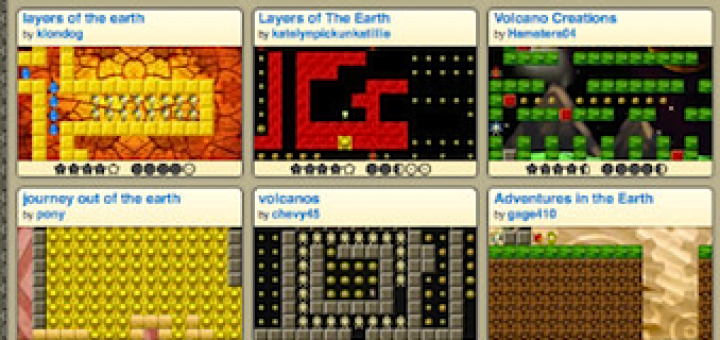Preparing for a New Year: Build Up, Don’t Tear Down
New ideas can improve the curriculum and teaching strategies of history educators, but that doesn’t have to mean throwing out the old to experiment with the new. What to keep and what to add? Our history bloggers share some helpful criteria.




















